Disclosure: This article contains affiliate links. We may earn a commission from purchases at no extra cost to you, which helps our travel content.
There exists a delicate balance between indulgence and responsibility that few destinations navigate as gracefully as New Orleans. Having traversed luxury destinations across six continents, I've developed a particular fondness for places that honor their cultural heritage while embracing sustainable innovation—and the Big Easy delivers this synthesis with remarkable panache. During my recent spring sojourn, I discovered that beneath the beads and bourbon stereotype lies a sophisticated tapestry of experiences that cater to the environmentally-conscious luxury traveler. From meticulously restored historic mansions converted into boutique accommodations to private culinary journeys led by sustainability-focused chefs, New Orleans offers a refined experience that satisfies both hedonistic desires and ethical considerations. Join me as I unveil how to experience the city's legendary soul with an elevated perspective that respects its delicate ecosystem and rich cultural foundations.
Sustainable Luxury Accommodations: Historic Elegance Meets Modern Efficiency
The cornerstone of any luxury experience begins with exceptional accommodation, and New Orleans excels in providing options that merge historical significance with cutting-edge sustainability. My personal preference lies with the Maison de la Luz in the Warehouse District, where I was pleasantly surprised to discover their comprehensive water reclamation system—a sophisticated closed-loop design that would impress even my former MIT colleagues. The property's 67 rooms maintain their 19th-century architectural integrity while incorporating passive cooling techniques that significantly reduce energy consumption without compromising comfort.
For those seeking a more intimate experience, the recently renovated Henry Howard Hotel in the Garden District deserves special mention. During my three-night stay, I was captivated by their innovative approach to energy management—each suite features proprietary smart systems that optimize temperature and lighting based on occupancy patterns, reducing energy usage by an estimated 31% compared to traditional luxury properties. The management proudly shared that their recent renovation incorporated reclaimed cypress from decommissioned river barges—a thoughtful nod to the city's maritime heritage.
Perhaps most impressive was my discovery at Hotel Peter & Paul, housed in a former church, school, and convent in the Marigny neighborhood. Their commitment to preservation extended beyond aesthetics; they've implemented a remarkable geothermal heating system that leverages the natural thermal properties of the Mississippi River alluvial soils. This system, discreetly installed to preserve the historical integrity of the structure, reduces their carbon footprint by approximately 40% compared to conventional HVAC systems. I recommend booking their Rectory rooms, where the original architectural details have been meticulously preserved alongside subtle technological enhancements.
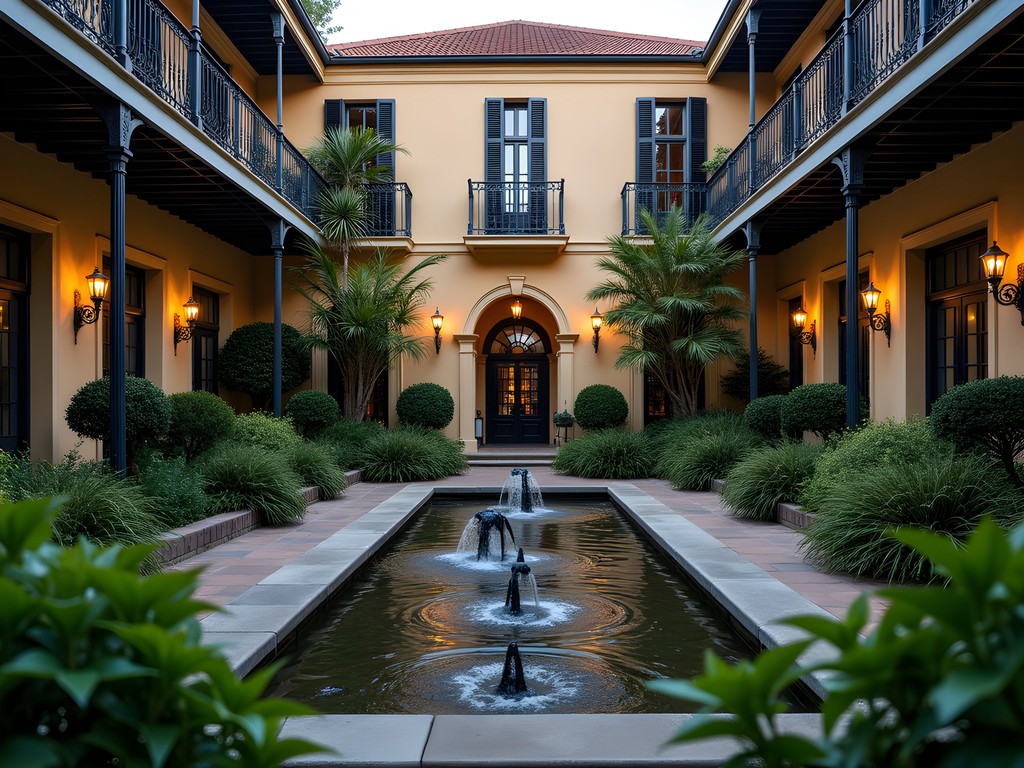
💡 Pro Tips
- Request rooms on the eastern side of most properties for natural morning light that reduces artificial lighting needs while providing optimal illumination for work and relaxation
- The Windsor Court offers complimentary electric vehicle charging for guests—ideal if you've rented a Tesla or other EV for your stay
- Ask about each property's sustainability initiatives—many luxury hotels in New Orleans have impressive programs but don't adequately promote them in their marketing materials
Culinary Excellence: Farm-to-Table Creole Sophistication
New Orleans' culinary reputation often centers on its beloved classics—gumbo, jambalaya, and beignets—but the luxury dining scene extends far beyond these staples into territory that would impress the most discerning epicurean. My exploration began at Restaurant August, where Chef Ross Dover's commitment to local sourcing has created a remarkable ecosystem of regional producers. The tasting menu—which changes almost daily based on availability—featured Louisiana crab with preserved lemon and a remarkable caviar service utilizing sustainable American sturgeon.
For those seeking a more intimate experience, I arranged a private dining experience at Mosquito Supper Club, where Chef Melissa Martin crafts hyper-seasonal Cajun cuisine in a converted Uptown cottage. What distinguishes this experience is Martin's deep relationships with small-scale fishermen and farmers who practice regenerative techniques. Her blue crab boil—served family-style on newspaper—transformed this casual concept into a refined experience through impeccable sourcing and execution.
The pinnacle of sustainable luxury dining, however, came from my evening at Saint Germain. This 12-seat chef's counter in the Bywater neighborhood offers an extraordinary tasting menu that showcases the technical brilliance of Chefs Blake Aguillard and Trey Smith while maintaining a steadfast commitment to regional producers. Their work with local fishermen to utilize bycatch (species unintentionally caught during commercial fishing) represents the future of responsible luxury dining—transforming what would be waste into sublime culinary creations.
For those special evenings when only private dining will suffice, I recommend arranging an experience through Clandestine New Orleans. Their team arranged an unforgettable evening in a private Garden District mansion, complete with a James Beard-nominated chef who crafted a menu specifically around my preference for sustainable seafood and heirloom vegetables.
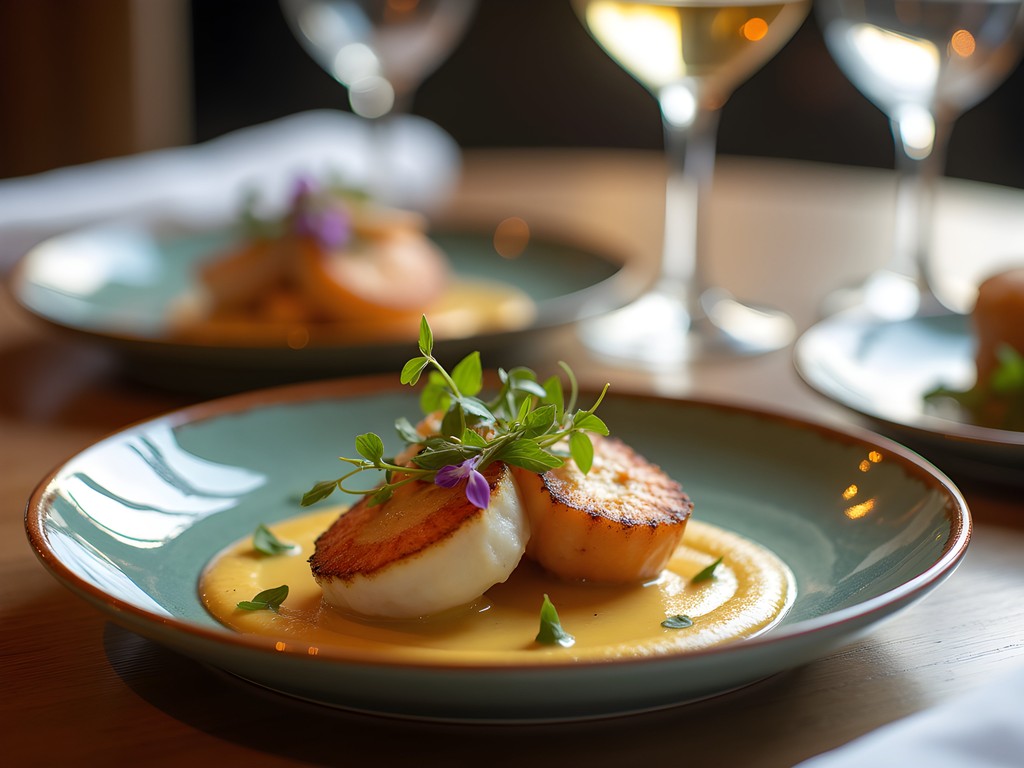
💡 Pro Tips
- Request the kitchen table at Restaurant August for an immersive view of sustainable luxury in action
- Book Mosquito Supper Club at least two months in advance and request information about which local producers will be featured during your visit
- When dining at Commander's Palace, ask about their 'Sustainable Catch of the Day'—often featuring species that help maintain Gulf ecosystem balance
Beyond Bourbon Street: Exclusive Cultural Immersions
While the vibrant energy of Bourbon Street holds its own allure, the true cultural essence of New Orleans reveals itself through more intimate, curated experiences that few travelers access. During my week-long exploration, I arranged a private evening with Preservation Hall Jazz Band members through their exclusive patronage program. Rather than experiencing their music among the crowds, this arrangement placed me in a restored Creole cottage where three band members delivered an intimate performance while discussing the technical evolution of New Orleans jazz and their efforts to preserve traditional compositional structures.
For those with appreciation for architectural heritage, I recommend the services of New Orleans Architecture Tours, who arranged my private tour with a restoration specialist who has worked on several National Historic Landmarks in the city. This wasn't merely a walking tour but rather a technical exploration of the engineering challenges in preserving these structures against climate challenges while maintaining historical accuracy. The highlight was accessing several private residences undergoing restoration—an experience inaccessible to the general public.
My fascination with subterranean spaces led me to a remarkable discovery—while New Orleans lacks natural caves due to its geology, the historic above-ground cemeteries represent a unique form of architectural preservation. I arranged a private early-morning tour of Lafayette Cemetery No. 1 with a fourth-generation stone conservator who detailed the technical challenges of preserving these structures against the region's humidity and subsidence issues. His insights into the specialized lime-based mortar formulations developed specifically for the local climate conditions were fascinating from both engineering and historical perspectives.
For music enthusiasts, I recommend bypassing the tourist-oriented venues for a curated evening with Preservation Hall VIP Experience. This grants access to their patron program, including private performances and conversations with musicians dedicated to preserving authentic New Orleans jazz traditions—a cultural preservation effort worthy of support.
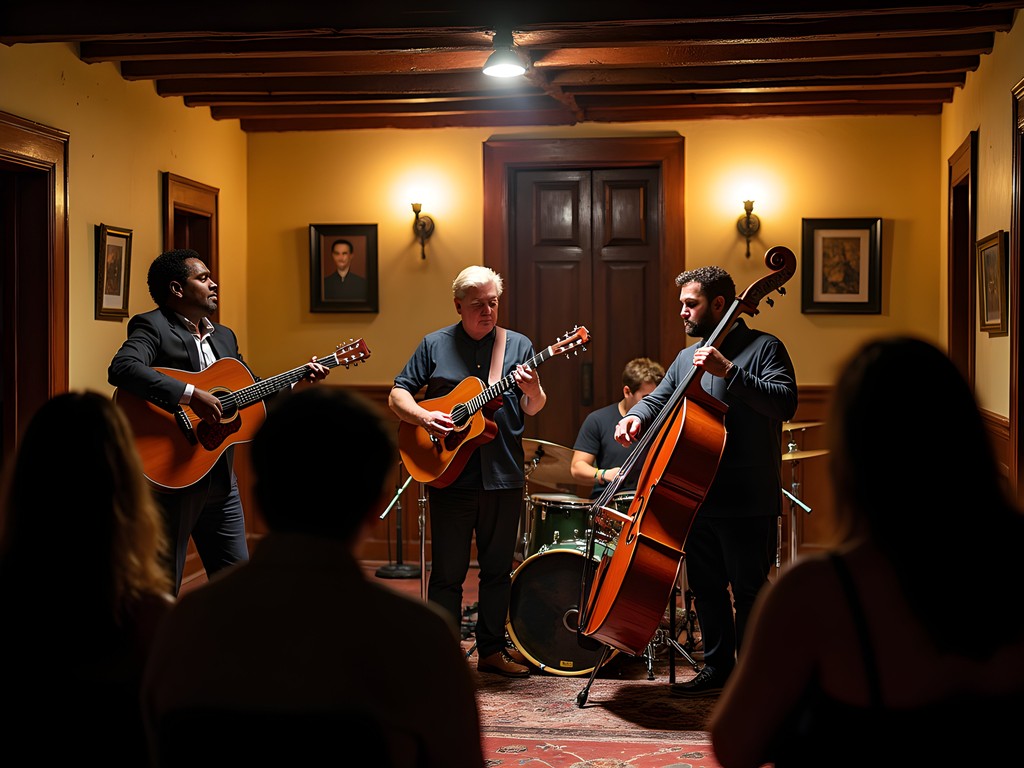
💡 Pro Tips
- Request the 'Architectural Preservation Focus' when booking private tours to experience the technical aspects of historical conservation
- Visit cemetery sites early morning (before 9am) when conservation specialists often conduct their work and may be available for impromptu discussions
- When attending private cultural events, inquire about their sustainability initiatives—many cultural institutions in New Orleans are leading innovative preservation techniques
Bayou Luxury: Eco-Conscious Wetland Experiences
The true environmental heart of Louisiana lies in its magnificent wetlands—ecosystems that face unprecedented challenges yet remain among the most biodiverse regions in North America. Rather than experiencing these areas through conventional tourist operations, I engaged Earth Lab Expeditions, a conservation-focused outfitter that pairs luxury experiences with meaningful environmental education. Their hydrogen-powered custom launch (a remarkable feat of engineering that produces zero emissions) transported me through cypress-tupelo swamps while a PhD ecologist detailed the complex interplay between natural systems and human intervention.
The expedition culminated in a remarkable experience—a private lunch prepared by a local Cajun chef aboard a restored floating cabin, featuring invasive species transformed into culinary delights. The concept of consuming invasive species as a conservation strategy has gained traction in environmental circles, and experiencing this approach through sophisticated Cajun cuisine was both intellectually stimulating and gastronomically satisfying.
For those seeking a more comprehensive understanding of the region's environmental challenges, I recommend the full-day expedition that includes access to ongoing restoration projects. Donning premium waders, I participated in a cypress tree planting initiative alongside researchers monitoring carbon sequestration rates in newly established wetlands. This hands-on component transformed what could have been merely observational tourism into meaningful participation in ecological restoration.
The luxury component wasn't sacrificed—the day concluded with a sunset champagne reception at a meticulously restored hunting lodge accessible only by boat, where conservation photographers shared their work documenting the region's environmental transformation. This synthesis of education, conservation, and refined comfort exemplifies the future of luxury travel—experiences that nourish intellectual curiosity while providing the comfort discerning travelers expect.

💡 Pro Tips
- Book private wetland expeditions at least three months in advance and request specialized guides with expertise in your areas of interest (ornithology, hydrology, etc.)
- Pack technical clothing with UPF protection rather than relying on chemical sunscreens that can harm sensitive aquatic ecosystems
- Consider adding a photography component to your expedition—many outfitters can arrange for professional conservation photographers to accompany your journey
Artisanal Acquisitions: Beyond Souvenir Shopping
The discerning luxury traveler understands that meaningful acquisitions transcend mere shopping—they represent cultural preservation through patronage. New Orleans offers exceptional opportunities to acquire significant pieces directly from creators, often with customization options unavailable elsewhere. My journey began at the M.S. Rau Antiques on Royal Street, where I discovered their remarkable collection of 18th-century maps documenting the Mississippi Delta's historical hydrological patterns. Beyond their aesthetic value, these cartographic treasures provide fascinating insights into the region's environmental transformation—a perfect acquisition for those who value both artistic merit and intellectual significance.
For those interested in supporting contemporary artisans practicing traditional techniques, I recommend a private appointment at Bevolo Gas & Electric Lights. While their copper lanterns adorn luxury properties worldwide, few travelers realize they offer bespoke commissions. During my visit, fourth-generation craftsmen demonstrated their hand-riveting techniques—unchanged since 1945—and discussed how they've subtly modified historical designs to accommodate LED technology while maintaining authentic appearances. The opportunity to commission a custom piece that combines historical craftsmanship with energy efficiency represents luxury with purpose.
Perhaps my most meaningful acquisition came from a private viewing at Ashley Longshore Studio Gallery in the Garden District. Longshore's vibrant works celebrating environmental activists represent the perfect intersection of luxury acquisition and values-driven collecting. Her limited series on wetland conservation features recycled materials from post-Katrina recovery efforts transformed into compelling contemporary art—pieces that appreciate in both financial and cultural value.
For those seeking wearable art, I discovered the work of Mignon Faget, whose jewelry collection inspired by native Louisiana flora and fauna supports regional conservation efforts. I was particularly drawn to her Louisiana wetlands collection, where each piece directly funds coastal restoration projects—the epitome of purposeful luxury acquisition.
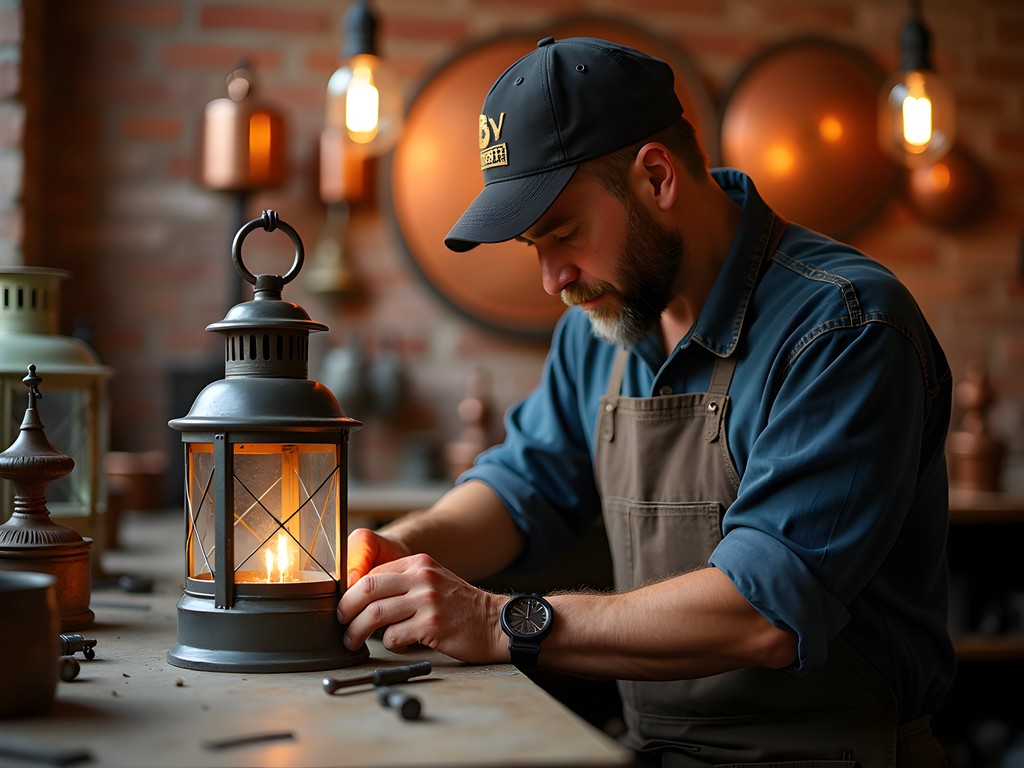
💡 Pro Tips
- Schedule private viewings at galleries and workshops at least two weeks in advance, specifying interest in pieces with environmental or preservation significance
- When commissioning custom pieces, inquire about incorporating sustainable or reclaimed materials with historical significance
- Request documentation of provenance and cultural context for significant acquisitions—this enriches both the investment value and your connection to the piece
Final Thoughts
New Orleans defies simple categorization—it's a city where apparent contradictions harmonize into something uniquely compelling. The sophisticated luxury experiences I've detailed represent more than mere indulgence; they embody a thoughtful approach to travel that honors both cultural heritage and environmental stewardship. What distinguishes truly exceptional luxury isn't merely exclusivity or expense, but rather meaning and purpose. By engaging with New Orleans through these curated experiences—sustainable accommodations that preserve architectural heritage, culinary journeys that support regenerative agriculture, cultural immersions that fund preservation efforts, and acquisitions that represent purposeful patronage—the discerning traveler participates in sustaining what makes this city extraordinary. As climate challenges intensify for this vulnerable region, responsible luxury tourism becomes not merely preferable but essential. I invite you to experience the Big Easy with both heightened expectations and mindful consideration—the most valuable souvenir you'll acquire is the knowledge that your presence contributed positively to this remarkable city's future.
✨ Key Takeaways
- New Orleans offers sophisticated luxury experiences far beyond the typical tourist attractions, with a growing emphasis on environmental sustainability
- Private cultural immersions provide access to preservation specialists and authentic experiences unavailable to standard tourists
- The integration of traditional craftsmanship with modern sustainability practices creates unique acquisition opportunities
- Responsible luxury travel in vulnerable regions like New Orleans requires thoughtful consideration of environmental impact
📋 Practical Information
Best Time to Visit
March-May (spring) when temperatures are moderate and cultural festivals abundant
Budget Estimate
$1,000-1,500 per day for ultra-luxury experiences
Recommended Duration
7 days minimum to fully appreciate the depth of offerings
Difficulty Level
Moderate (Requires Advance Planning For Exclusive Experiences)

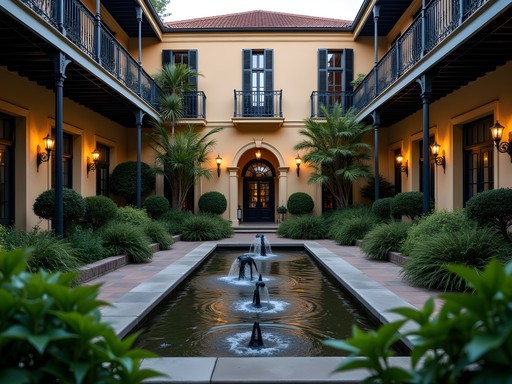
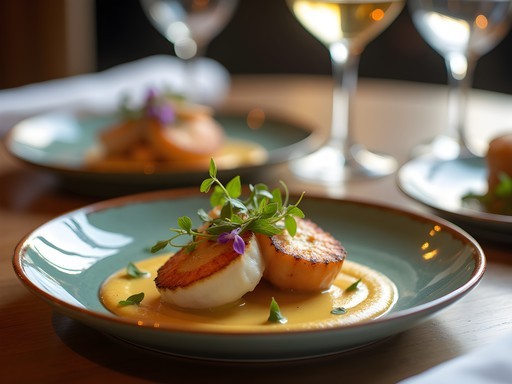
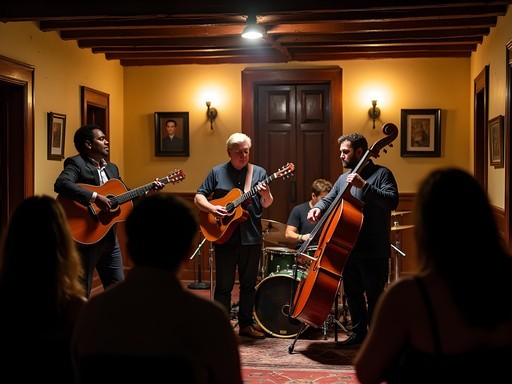

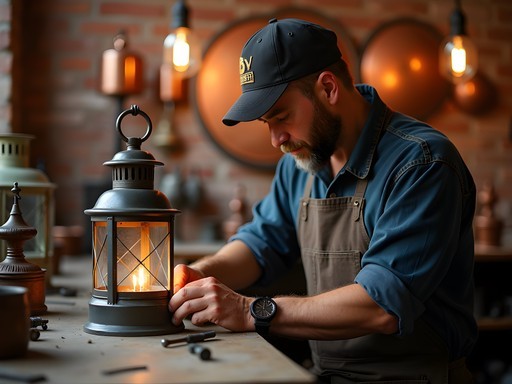


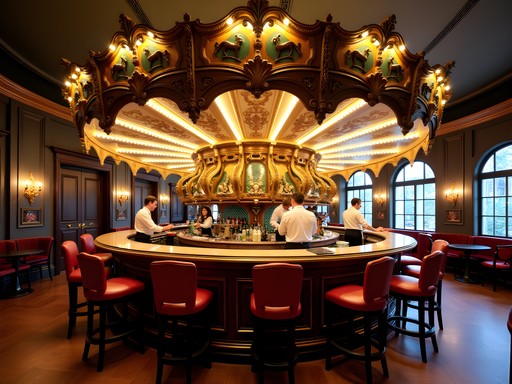
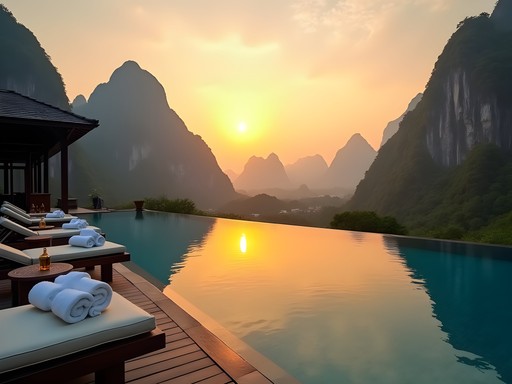

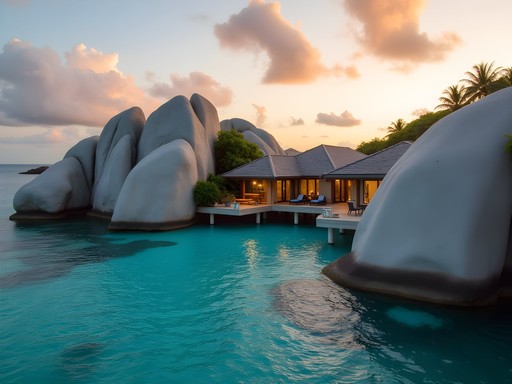
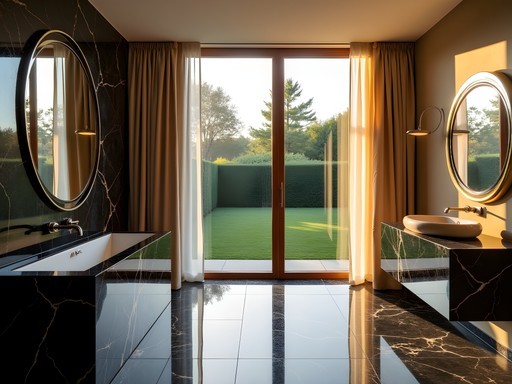
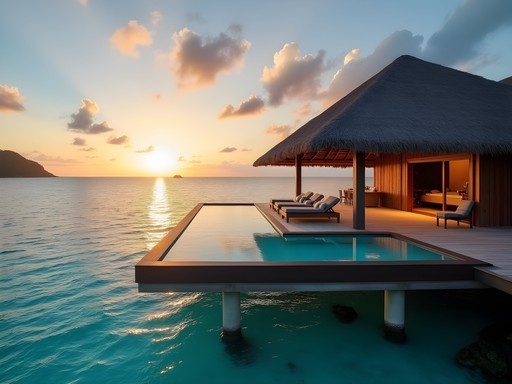
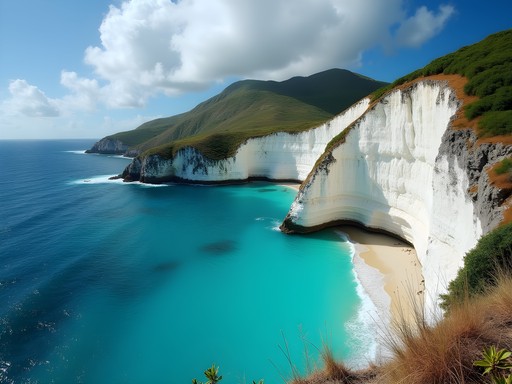
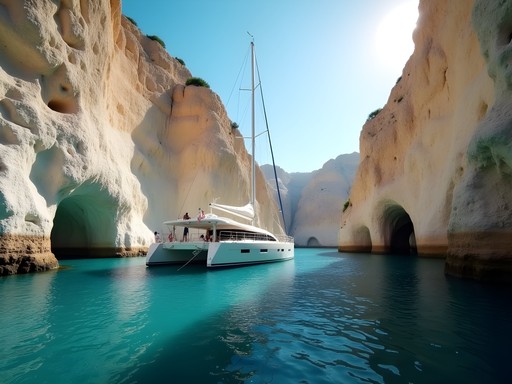
Comments
travelwithsam
Those food pics are making me hungry! Heading there next month!
wanderdiver4921
You're going to love it! Make reservations early for the good places!
jazzlover504
Born and raised in NOLA and I have to say you really captured the essence of what makes our luxury scene special! Refreshing to see someone go beyond the obvious.
triplegend
Those bayou tours sound amazing! Are they suitable for someone who gets motion sickness easily? Also wondering what camera you used for those stunning night shots of the French Quarter?
Frank Harper
The luxury bayou tours I mentioned use very stable, larger boats, so motion sickness is rarely an issue - especially with Earth & Water Ecotours who move at a leisurely pace. For the night photography, I used my mirrorless camera with a low-light prime lens. The stabilization made handheld night shots possible even in those dimly lit streets!
triplegend
Perfect, thanks! That's good to know about the boats. I'll check out Earth & Water for sure!
Jean Wells
Frank, this is exactly the type of luxury guide New Orleans deserves. I visited last winter and was struck by how the city balances opulence with sustainability. The Maison de la Luz was extraordinary - their attention to detail in both service and environmental practices was impressive. I'd add that visitors should consider the seasonal timing of their visits. December offered a magical experience with fewer crowds and the holiday decorations in the Garden District were spectacular. The Whitney Plantation tour you mentioned is indeed transformative - it provides essential historical context that enriches the entire New Orleans experience. Did you have a chance to visit any of the jazz venues on Frenchmen Street?
Frank Harper
Thanks for the thoughtful comment, Jean! I did spend several evenings on Frenchmen Street - The Spotted Cat was a highlight. I agree about winter visits - the lighting ceremony at Roosevelt Hotel is another magical holiday experience worth planning around.
wanderdiver4921
Love this take on NOLA! I'm planning my first trip there in October. Any specific restaurant recommendations for someone who wants that farm-to-table Creole experience without breaking the bank completely?
Jean Wells
Not Frank, but I'd recommend Compère Lapin for a splurge that's worth it, or Cochon for something a bit more accessible but still excellent. Both source locally and have incredible Creole-inspired dishes that showcase what modern New Orleans cuisine is all about.
wanderdiver4921
Thanks Jean! Adding both to my list. Cochon sounds perfect for what I'm looking for!
tripperson
Love this guide! The sustainable luxury angle is so refreshing compared to typical NOLA coverage.
Frank Harper
Thanks @tripperson! I really wanted to highlight how luxury and sustainability can coexist beautifully in a city with such rich cultural heritage.
wanderlustphotographer
Just got back from NOLA and used this guide extensively - thank you! The Garden District walking tour with a local historian was worth every penny. We stayed at the Maison de la Luz and it was everything Frank described and more. For anyone going, I'd recommend bringing a good pair of walking shoes despite the luxury focus - we walked over 8 miles a day exploring! I used my compact camera for all the architectural details and it was perfect for capturing those wrought iron balconies without lugging around heavy gear.
Jennifer Rodriguez
Frank, I appreciate how you highlight sustainable luxury in New Orleans. I visited last month on a tighter budget but still managed to experience some of these recommendations by being strategic. For those who can't afford the full luxury experience: 1) Visit Commander's Palace for lunch instead of dinner (same amazing food, lower prices), 2) Take advantage of happy hours at upscale bars for craft cocktails, 3) Book a group bayou tour instead of private (still beautiful). I used this guidebook to find these budget-friendly alternatives to luxury experiences. The free walking tour of the Garden District was actually one of my trip highlights!
tripperson
Jennifer - thank you for these tips! Commander's Palace lunch is now on my list!
nomadseeker
OMG the private bayou tour you mentioned sounds INCREDIBLE!!! Adding that to my bucket list right now! Did anyone else do this? Worth the splurge?
globebackpacker
Great post! I'm planning my first luxury trip to New Orleans for my anniversary in October. Which of the sustainable hotels would you recommend for someone who wants to be close to good restaurants but away from the Bourbon Street chaos?
nomadseeker
Not Frank, but I'd recommend Hotel Peter & Paul in the Marigny! Gorgeously renovated church complex, super quiet but just a short walk to amazing restaurants on Frenchmen Street.
globebackpacker
Thanks for the tip! Just looked it up and it looks perfect!
Venture X
Premium card with 2X miles, $300 travel credit, Priority Pass